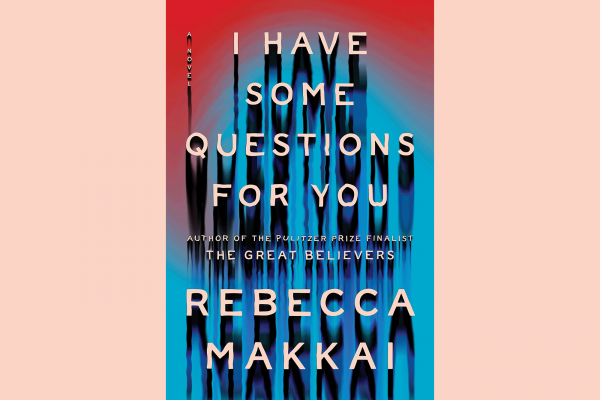“NOT A SINGLE CELL of his body was the same as it had been in 1995. But he was still himself, just as I was still, despite everything, my teenage self. I had grown over her like rings around the core of a tree, but she was still there.” This reflection is from Bodie Kane, the narrator of Rebecca Makkai’s latest novel, I Have Some Questions for You. The quote captures the ethos of this story in which the main character recalls her past with both urgency and emotional clarity.
Bodie Kane is an LA-based podcaster who has come to teach a mini-mester at Granby, the New Hampshire boarding school she attended for high school. Her students become interested in the case of Thalia Keith — Bodie’s old roommate, who was murdered at Granby when they were both students.
“I think the wrong guy is in prison,” says Bodie’s student Britt — a conviction Bodie comes to share.
Read the Full Article

